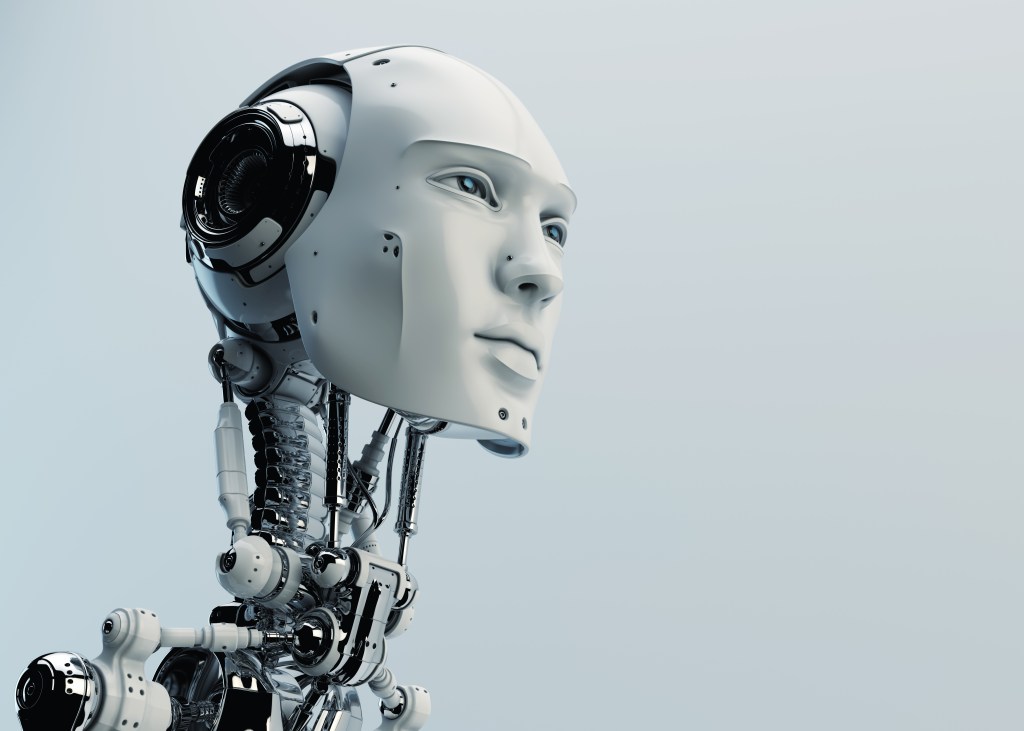Rob Smith
Editor’s note: Rob Smith is CEO of Pecabu.
Artificial Intelligence has been in the media a lot lately. So much so that it’s only a matter of time before it graduates to meaningless buzz word status like “big data” and “cloud.” Usually I would be a big supporter. Being in the AI space, any attention to our often overlooked industry is welcome. But there seems to be more misinformation out there than solid facts.
The general public seems to view AI as the mythical purple unicorn of technology; Elusive, powerful, mysterious, dangerous and most likely made up. And while there is plenty of debate in the scientific community, I can at least tell you what AI is definitely not.
First of all, AI is nothing to be frightened of. It’s not a sentient being like SkyNet or an evil red light bulb like HAL. Fundamentally, AI is nothing more than a computer program smart enough to accomplish tasks that typically require human quality analysis. That’s it, not a mechanized, omnipresent war machine.
Secondly, AIs are not alive. While AIs are capable of performing tasks otherwise performed by human beings, they are not “alive” like we are. They have no genuine creativity, emotions or desires other than what we program into them or they detect from the environment. Unlike in science fiction (emphasis on the fiction) AIs would have no desire to mate, replicate or have a small AI family.
Next, AIs are generally not very ambitious. It’s true that in very limited context, an AI can think similarly to us and set tasks for itself. But its general purpose and reason for existence is ultimately defined by us at inception. Like any program or technology, we define what its role in our society will be. Rest assured, they will have no intention to enslave humanity and rule us as our AI overlord.
Additionally, AI is not a single entity. Computer programs, even artificially intelligent ones, work far better as specialists rather than generalists. A more likely scenario for achieving artificial intelligence within our lifetime is through a network of sub programs handling vision (computer vision), language (NLP), adaptation (machine learning), movement (robotics)…etc. AI is not a he or a she or even an it, AI is more like a “they.”
Finally AI, like all computer programs, are ultimately controlled by humans. Of course AI can be designed with malicious intent and weaponized like nuclear or biological technology, but that’s not a fault of the science but of ourselves.
While Elon Musk is a personal hero of mine, and a genius on so many levels, his recent comments on artificial intelligence have been a little less than brilliant. He mentions that AI is more dangerous than nuclear weapons and that we may summon an AI “demon” (his words, not mine). My only explanation is that he must have fallen asleep watching Terminator.
In the meantime, companies such as IBM, Google and Apple are developing the next generation of AI-powered applications, using small bits of specialized AI code to replace the human element in many tiring, dangerous or time-consuming jobs. These are very specific, almost tunnel-vision-like programs that only improve our society and should instill fear in no one.
In my opinion we are still decades from reaching the AI “singularity” Musk speaks of, and even then, its ultimate temperament will be bound by our intentions. If history has taught us anything, when that time comes, we should not fear the AI, but the people behind it.































Comment